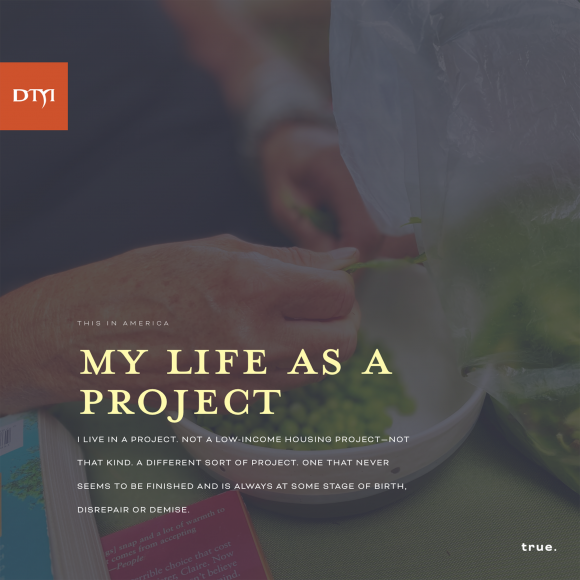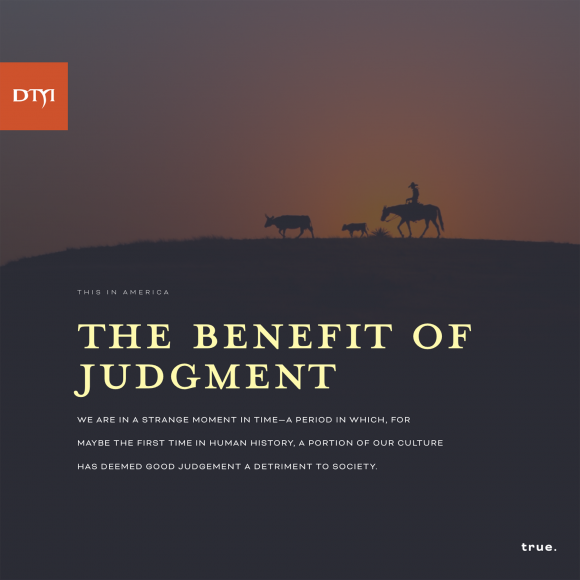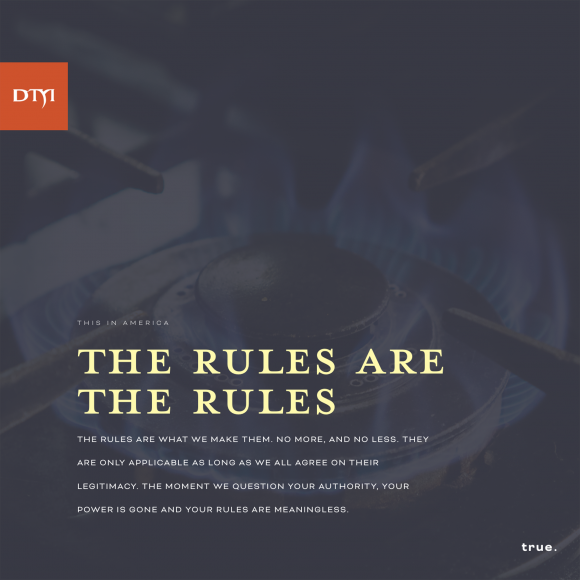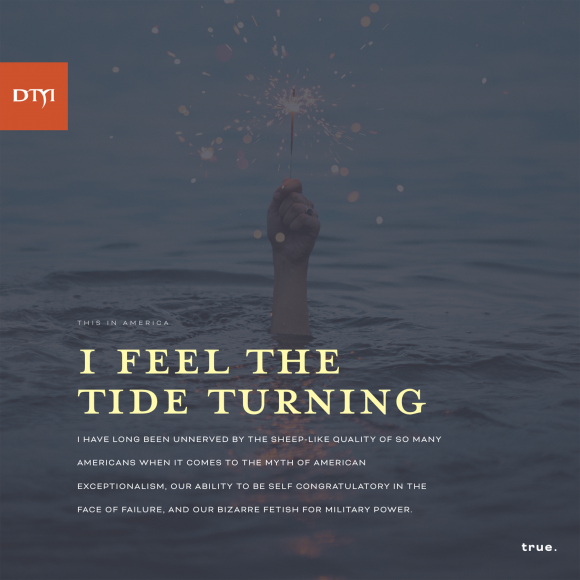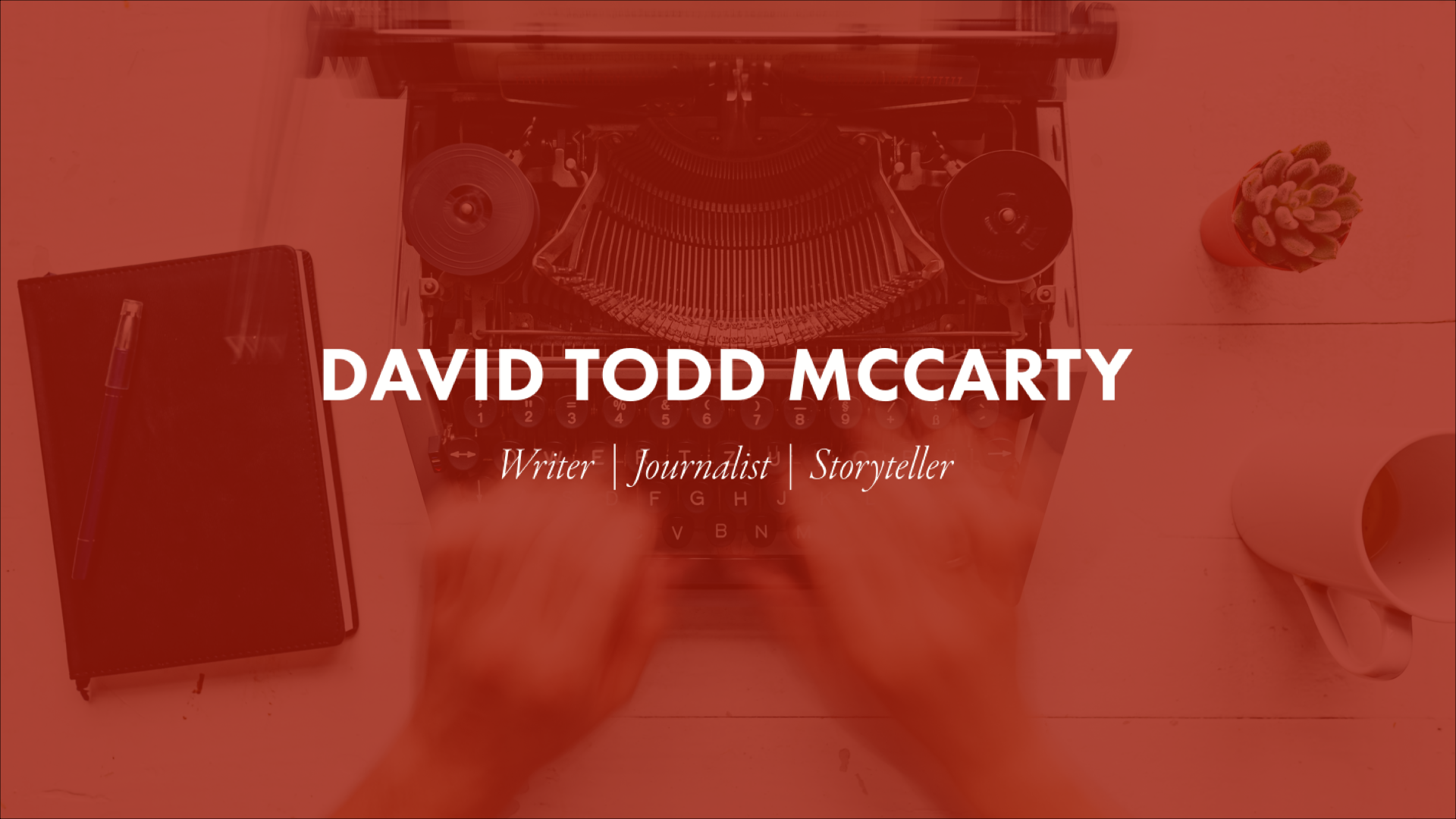My issue with authority began at an early age. I realized early on that adults were not only infallible, but often incompetent as well. This can be a scary thing to learn as a child I suppose, but I was not deterred. I just assumed I would need to do it myself, and so proceeded to do just that, throughout my entire life.
My parents had given me a solid foundation for exploration, where I understood the ground rules and believed their authority to be legitimate. They were not capricious, or quick to anger. We all followed the same rules, and I believed the rules would not change over time. If I broke the rules, I fully expected them to punish me according to the seriousness of my offense—no more and no less—just as I expected them to punish my siblings if one of them broke the rules. They held true to their side of the bargain, and I to mine. It was fair.
“Fear is the main source of superstition, and one of the main sources of cruelty. To conquer fear is the beginning of wisdom.”
Bertrand Russell
From that foundation, I was free to explore the known universe with endless curiosity, and to question the nature of everything with abandon. I never got in trouble at home for asking why, only for knowingly trespassing where I was told not to. So I was always frustrated by the notion of “because I said so” or “that’s just the way it is.”
Hypocrisy has always been the biggest sin in my eyes, for you cannot realistically expect me to follow a rule, which you yourself will not abide by. Where is the legitimacy in that? It’s either good for all of us, or it’s not, regardless of the merits of the case, which we may argue about later.
The mere idea of someone taking the mantle of authority as a given, resulting simply from being hired to do a job, or by happenstance of being older than I, was absurd to me. If you were teaching me, or in charge of me in some fashion, I was under the assumption that you knew more than I did. In fact, as long as you had my trust, I was interested and willing to learn, and a willing participant.
But I was never so simple-minded to believe that knowledge was finite, or that any one person had a lock on it. The very idea of that was and remains preposterous. So, all a person in authority had to say to me for me to trust them was, “I don’t know.”
This might seem counterintuitive, the idea of admitting to ignorance in order to gain trust, but it’s true. People who believe they are in control of things, are not big thinkers. It takes a very small mind indeed to be confident about your knowledge of anything, let alone your own control over it. The creative person, the big thinker, the confident leader, always understands the limits of their knowledge and is not afraid to admit what don’t know. The best teachers, bosses and smartest people I ever knew did not know everything, nor did they profess to. What they did know, almost without fail, was where to find the answer, or how to encourage me to do so myself.
In our house, if you asked the definition of something, what something was, or how to spell something, you were invariably directed to the set of World Book Encyclopedia’s that sat on a shelf in the living room. The dictionary alone was two large volumes and the rest a volume for each letter of the alphabet. It’s possible a few of the more anemic letters were combined. We didn’t have a computer in those days, but we did have a set of encyclopedias of our very own. It was extraordinary really. I spent hours at a time, pouring over the letter K or the volume containing the world’s knowledge of things starting with the letter E. I was learning about keystones and etymology and a thousand other things, that would lead you to look up something else, as even before the internet, there were rabbit holes to climb into. But eventually, you were forced to reconcile the fact that while the World Book was indeed fairly inclusive in covering a broad view of man’s body of knowledge, it was in no way exhaustive.
The dictionary was altogether different, in that learning to use the dictionary wasn’t just a means to learn how to spell a specific word, but a more wholesale understanding of how words were spelled in general. It can be difficult finding a word you don’t know how to spell in a dictionary, especially if you don’t know how to spell it, but searching for it and finding it, gives you a much greater understanding of the intricacies of the English language. I learned how to spell largely by reading, and looking things up. Somewhere in the madness that is our common tongue, you began to recognize patterns and rules, and the so important exceptions to the rules.
I have lived much of my life, looking for the exception to the rule, it not exemplifying it outright. I credit the laissez-faire approach of my parents, and the people at World Book for my ultimate formation.
When it comes to creativity and innovation, breaking barriers and forging new paths, it’s critical to understand the rules and how they work. Rules are created for good reason, and are often not simply an abuse of power. It’s good to not to eat just any mushroom you find on the ground, just as it’s worthwhile to know how to write a grammatically correct sentence. But it also takes a bit of courage and not a small amount of risk-taking to discover that the right mushroom can be delicious and that grammar is less a rule, and more a common understanding. If you can find a portobello mushroom, by all means marinate, grill and dine upon it; and if you discover a way to use words in a different fashion that helps you more effectively communicate a thought or idea, by all means, put it in a song, or write into a headline.
In the 1991 Albert Brooks comedy “Defending Your Life,” Brook’s character Daniel has died tragically in a car accident and has gone to heaven, or perhaps more appropriately, a sort of purgatory where he must literally defend his time on earth. There he meets his lawyer Bob Diamond, expertly played by Rip Torn, who explains over lunch that Daniel is what they call a “little brain.” He tells Daniel that he himself uses 48% of his brain, but that Daniel, much to his chagrin, uses only three. Diamond says this with glee.
According to Bob Diamond, Little Brains are those on earth who are still so controlled by fear that they are unable to progress intellectually, and therefore “move on.” Their spiritual growth, it would seem, is tied to their intellectual growth. Bob Diamond tells Daniel that the purpose of the universe is to keep getting smarter, and fear is the main thing that holds you back.
It’s a fanciful parable about allowing fear to hold you back from personal growth, but what I find fascinating about it is how Brooks ties the concept of fear to small thinking—quite literally to little brains. People who think small are afraid.
I can’t think of anything more apropos than that.
There are good rules though. Rules that help govern a democratic, productive society and allow us to live in peace and harmony and relative safety. Don’t kill one another. Don’t take that which is not yours. Don’t lie or cheat. Be kind and do unto others as you would have them do unto you. These are all worthwhile.
But many rules in life, are capricious. They were either the product of inelegantly solving a problem that never existed, or that were never terribly useful in the first place. We do things for any number of reasons, not always because they are wise, or based on science or extensive experience, but merely out of fear. Often fear of the unknown.
When we were young, my father would sometimes read to us before bed. One of his favorites, because he was able to laugh at it as well, was AA Milne’s Winnie-The-Pooh series. My sister still has the original set.
Winnie-The-Pooh, we are told, is a bear of very little brain. He is in hindsight, an insightful and instinctive soul who though he believed he was not a deep thinker, was quite profound. The reason, I have come to learn, is that Pooh lacked fear. He was endlessly curious and entirely open-minded. He sought advice and heeded warnings, but was not opposed to going off on his own in search of truth. He understood his limitations, being a bear of very little brain after all, and took to pondering. His answers were always simple and assumed the best from those around him.
I’ve always loved Pooh. Loved his simple understanding of the world. His belief in the goodness of compatriots the love in the world. His lack of fear. His simplicity of thought. It’s a lovely tale for children, and in these hard times, even for adults. Sometimes we need to look through eyes of a bear with very little brain, to see the world in terms a child can understand.
In a complex world, it can be important to distill things down for people, in the same way you might for a small child, so that the world no longer seems to strange and scary. It’s good to listen to a bear of very little brain, when you are six, but not when you are supposed to be running the country.
Nuance is a game killer for politicians, religious leaders and authoritarians. Complexity wrecks a good, clean narrative and makes everything messy. It’s why we teach simplistic history about our nation’s founding to third graders and teach them to pledge their allegiance and fall in line.
There is nothing more frightening to a school administrator than a hoard of teenagers urged to think for themselves, and they have good reason to fear. Young adults though they are, their minds are without boundaries because they have such little fear of consequences. They are invincible. But we believe that in order to tame them, in order to keep them safe, we must teach them to be afraid.
It’s worth noting, that left to their own devices, the Dead Poet’s Society can become Lord Of The Flies in the blink of an eye. Our better angels do not always triumph. But in the longer view of history, it’s important that we recognize that breaking the rules is critical to progress, that following in the path of those who have gone before us can only lead us to where they’ve already been, and that charting new maps can be dangerous work. It’s not without risk, to challenge the system, but there are few rewards for failing to do so.
Tell me not what I can or cannot do, based on your limited understanding of life. We are all just stumbling around in the dark. But occasionally, someone figures out how to make fire and discovers the way out of darkness. That’s why it’s so important to choose your leaders carefully. It can be a fine line between holding the torch in order to illuminate and setting fire to whole affair.
It’s fine to be a bear of very little brain if you’re stuffed with fluff, but not if you’re running the country.


